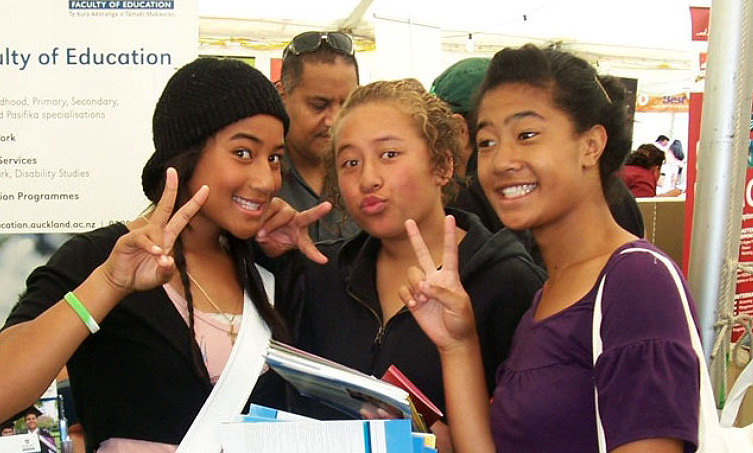Got a few thousand dollars to invest? Tech entrepreneur Scott Gilmour has a deal for you.

Bill Gates and Scott Gilmour have a couple of things in common: they made their money through tech companies and investments – and they are spending it improving educational outcomes for disadvantaged kids.
So the numbers are slightly different: the Bill & Melinda Gates Foundation had funds of $US42.3 billion as of the end of 2014, whereas Gilmour’s I Have a Dream charitable trust would be happy with a $20 million endowment.
Still, the philosophy is the same: investing in increasing the number of kids getting into higher education will decrease poverty and increase the wealth of New Zealand.
Gilmour, who made his money working for chipmaker Intel and founding (and selling) his own software company, reckons his method works.
The I Have a Dream pilot project (between 2003-2015) took 53 mainly Pasifika eight and nine year olds from Wesley Primary in South Auckland, and provided them with the same help and opportunities he gave his own kids – anything from help with schoolwork to assistance accessing medical care, from advice on career options, to mentoring when they got into trouble.

Scott and his team even went on school camp and tramping trips.
Twelve years later, and 80% of Gilmour’s students have gone on to tertiary education, compared with 30% of the comparison group. Only one has ended up in trouble, compared to quite a few in the other group.
Take Mosa, then a seven-year-old Pasifika kid headed for gang affiliation and unemployment – like many of his family. Part of the I Have a Dream programme, Mosa got mentoring, help with his studies, and advocacy at school, at home and with welfare and medical agencies. Mosa has finished university and now wants to enter politics.
Gilmour calculates that over a 40-year work life, these better educated students will earn $20 million more than if they had ended up in low-wage jobs. And they will pay $10m more in tax. That’s a more than 1000% return on the $1.5m investment in those students, he says, not including the money saved by them not being on benefits or in prison.
Now Gilmour is expanding the project – and the budget. His goal for his just-launched Ngatahi Education Initiative is to raise $5 million from wealthy individuals and businesses, and use the money to employ “navigators” to work with 1500 students in three low-decile Whangarei schools.
The navigators will play the role of the responsible adult looking out for the kids in and outside school, when often their own parents haven’t got the money, knowledge of the system, or language skills to do the job properly.
Eventually, Gilmour aims to create a $20m endowment fund to enable the project to be funded totally from income.
He reckons the only thing that separates educational outcomes for problem kids and successful ones is a significant adult that believes in them, holds high hopes for them – and understands how to be successful in the education system, and outside it.
“My expectation for each of the 1500 children is the same as for my own kids – they will stay in school, work hard and succeed.”

Gilmour, who has investments in around 20 early-stage tech companies, says there isn’t a lot of difference between angel investing and his job at I Have a Dream.
“Raising entrepreneurs is like raising kids – they need supervision. You’re like ‘Don’t touch the stove, honey, it’s hot.’ First thing you hear is ‘Ow!’
“With start-ups, you talk constantly about how they need to be focused in terms of their market or sector, and then a random call comes in and before you know it they are out chasing sales in China, or Albania or somewhere with no regard for their strategic goals.
“It’s about a short attention span.”
Following in King’s footsteps
Watch the original Martin Luther King “I have a dream” speech




